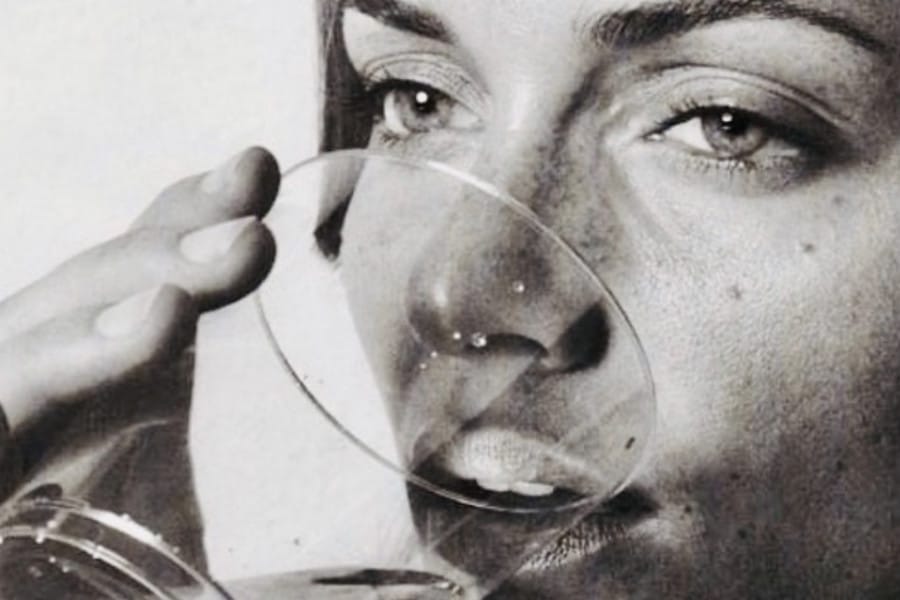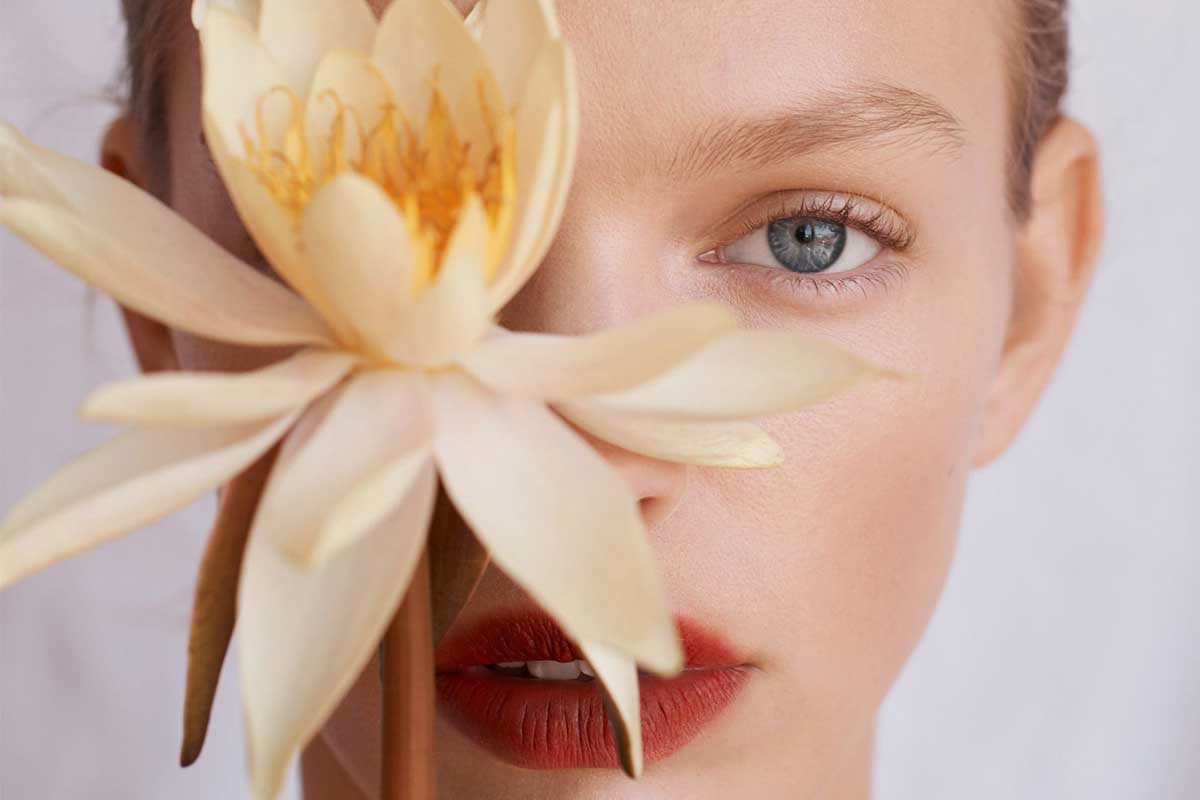
We are living through an incredibly strange time. With the COVID-19 pandemic causing more devastation than we could have ever imagined, we are forced to look at ourselves in ways we may not have been prepared for. Identity and sense of self, we are finding, are so heavily tied to the ways in which we live our lives. By way of job title, social circles, markers of identity like clothing which are by-products of consumerism, we add our job titles into our Instagram bios to state ‘This is me. This is my life." And the conversation of who we are beyond the fact dies when we press the ‘update’ button. This is not criticism, simply fact.
The way we see and understand ourselves is intrinsically linked to the factors with which we build our lives around. It is what helps us understand each other. Common interests in hobbies, work, social spots, belief systems and value sets has always been the thread which stitches communities together – what are we faced with when this comes unbound?
An identity crisis
“This is a distinct period of loss for so many of us,” explains Ash King, content manager, provisional psychologist and psychology researcher at The Indigo Project.
Aspects of life such as our jobs, our social events, even our daily routines, which become so intertwined in our concepts of who we are, have changed or evaporated overnight. It’s important to recognise, and in some ways grieve, the loss of these parts of ourselves. We need to honour our emotional experience by letting ourselves feel through the sadness, the anger, the frustration.
Often, we are reluctant to lean into our emotional states through fear of discomfort of overwhelm, but plenty of psych-research shows that emotions need to be processed through the mind-body for us to heal and grow - and we do that by giving ourselves permission and space to feel. To be transparent, on a personal level, the idea of losing work as a photographer, writer and creative consultant horrifies me beyond financial security.
How can I talk about being a creative with no work to support my claims?
What happens when the career trajectory you’d been gaining inertia on comes to a screeching halt for reasons outside of everyone’s control? Will only the most enduring figures in our industry survive a hit like this? At this point, there is no way to know – which is why it feels so daunting. All we can do is lean in.
Find new ways to connect
The collective identity crisis so many people are coping with after losing jobs is hard enough with a support system firmly in place, but when our communities and methods of catharsis are also snatched away from us, how are we supposed to figure it all out?
King notes that: “social connection and interaction is key for our mental wellbeing - and although we can’t go about it as we have been accustomed to, the gift of technology really offers us incredible opportunities to continue to reach and connect with people practically anywhere. The key is continuing to connect in honest and authentic ways - so, really making time and space to share what’s really going on for you and taking the time to listen and be present for your loved ones and hear what life is like for them right now.”
Carving out time and space for your loved ones is more important than ever to check in, despite the yearning we feel to connect on deeper levels. Sometimes it feels this can only go so far. Sometimes it’s not just about saying hello; sometimes it’s about laughing with friends who are family, seeing their faces pink up over a shared bottle of wine without the lag of Zoom interrupting a conversation on a roll.
We will do with what we have for now but using this time to know yourself in deeper ways than the external might be something to bide the time with. “Uncertainty can be the perfect opportunity to get in touch with our deeper selves, as it’s during these times where the dust has been kicked up and we are in the midst of adjusting to a new normal. I think lots of people are educating themselves more on how to be better friends, parents and partners, but not so much on how to cultivate a better relationship with one's own self. Times where things are uncertain, uneasy or unusual can offer us a foray into deeper parts of ourselves, as they emerge in times of challenge, stress and change.” King offers.
Be kind to yourself
So how can we do so? Once we move through the pain and the grief of losing our routines, our security, and fragments of ourselves?
"The first step to start getting to know ourselves a little better is to meet ourselves with a little more kindness and curiosity.
Think about it, you’re not likely to feel close and connected to someone who is mean to you all the time, right? And yet, so many of us have very hostile and judgemental relationships with ourselves - we hate that we’re this way, or admonish ourselves for not being enough like that, and so on.
So, developing an awareness of our inner chatter, and understanding how we talk to ourselves is important."
“Mindfulness meditation is also an amazing tool to develop that inward relationship,” says King “Often, we believe our thoughts, feelings and behaviours exist as reactions to stimuli outside our control. Mindfulness meditation allows us to observe our thoughts and feelings with a little more detachment, so we can better understand the driving forces behind our behaviours and get better at responding how we’d like to instead of just reacting like we always have.”
Looking inward can feel daunting and painful and for some is equivalent to Pandora’s box. We are constantly keeping ourselves so busy, self-reflection and understanding falls low on the priority list. Until we are forced to be almost completely still, and in the confines of our homes have the chance to truly know ourselves again.
Rebuilding a sense of self
When we unpick ourselves from the external factors used to group us into boxes, the factors that create comfort and solidarity, we can often be left with a version of ourselves we haven’t met in years. This will certainly be true for me. I’ve been making images and writing for a living since I was able to make a living and although these practices will not come to halt even if they are no longer financially able to support me, there will always be a feeling of loss tied to it.
King notes, “Living in the type of world we live in, we’re definitely sold the belief that our identity is shaped around what we do for a job, what we own, who we’re dating, how we dress, how much money we have, who we’re friends with - a lot of aspects that are external to us. It can feel comforting at times to believe that it’s these factors that make us who we are up until those things change or vanish (like they have done for many of us right now). Without such things to identify with, we start asking ourselves ‘Well, who/what am I now?’"
“It can be a painful process to be laid bare, but it can also be an incredible invitation to discover our intrinsic value and worth - to realise that we are radiant, resilient and worthy, regardless of what external markers we’ve accrued or lost.”
To which I say, let us be laid bare. Let us come out and go within ourselves to move through this time in ways that feel safe and authentic to us. Let us appreciate that we are all experiencing this time in myriad ways, and that your grief, uncertainty and feeling of loss, no matter how large or small is relevant. And if nothing else, let’s move emotionally closer to ourselves when we can’t move closer to anyone else.



